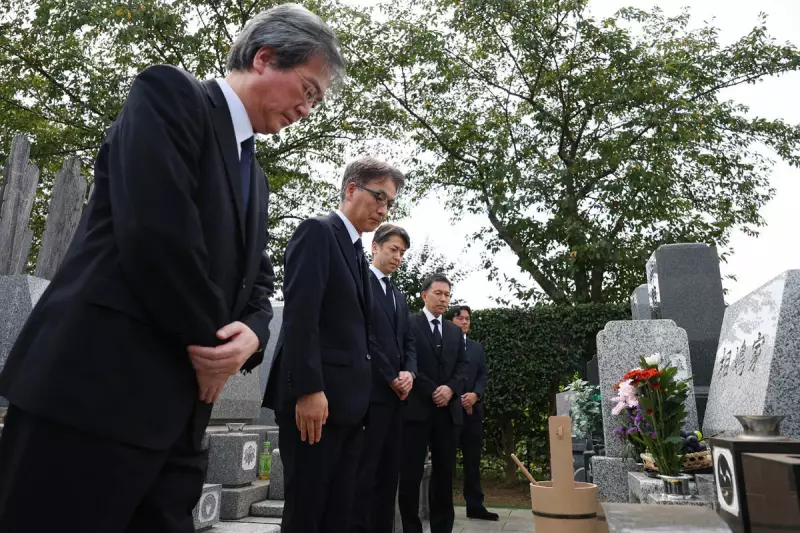
In a case that has shocked residents across the Japanese capital, a Tokyo man has come forward to publicly apologise for a three-decade-long campaign of vandalism targeting gravesites.
Shizuo Aishima, 50, admitted to systematically damaging between 300 and 400 graves in cemeteries throughout the city. His actions, which spanned an astonishing 30 years, involved toppling stone lanterns and other ornamental features placed at graves as offerings to the deceased.
A Disturbing and Prolonged Campaign
The vandalism caused significant distress and anguish to countless families who discovered their loved ones' resting places had been desecrated. The acts are considered particularly egregious in Japanese culture, where ancestor worship and maintaining respectful, well-kept graves are of profound importance.
Mr. Aishima's long-running spree finally came to an end, leading to his public expression of remorse. He stated, "I offer my deepest apology to those who were using the graves. I am sorry for toppling the lanterns and other stone objects."
Motives and Cultural Impact
While a specific motive was not detailed in reports, the scale and duration of the vandalism suggest a deep-seated compulsion. The case has resonated deeply in Japan, a society that places a high value on public order and respect for the dead.
Local authorities are likely reviewing security measures at cemeteries following this revelation. For the many families affected, the apology marks the end of a long mystery but does little to erase the pain caused by the repeated violation of sacred spaces.





